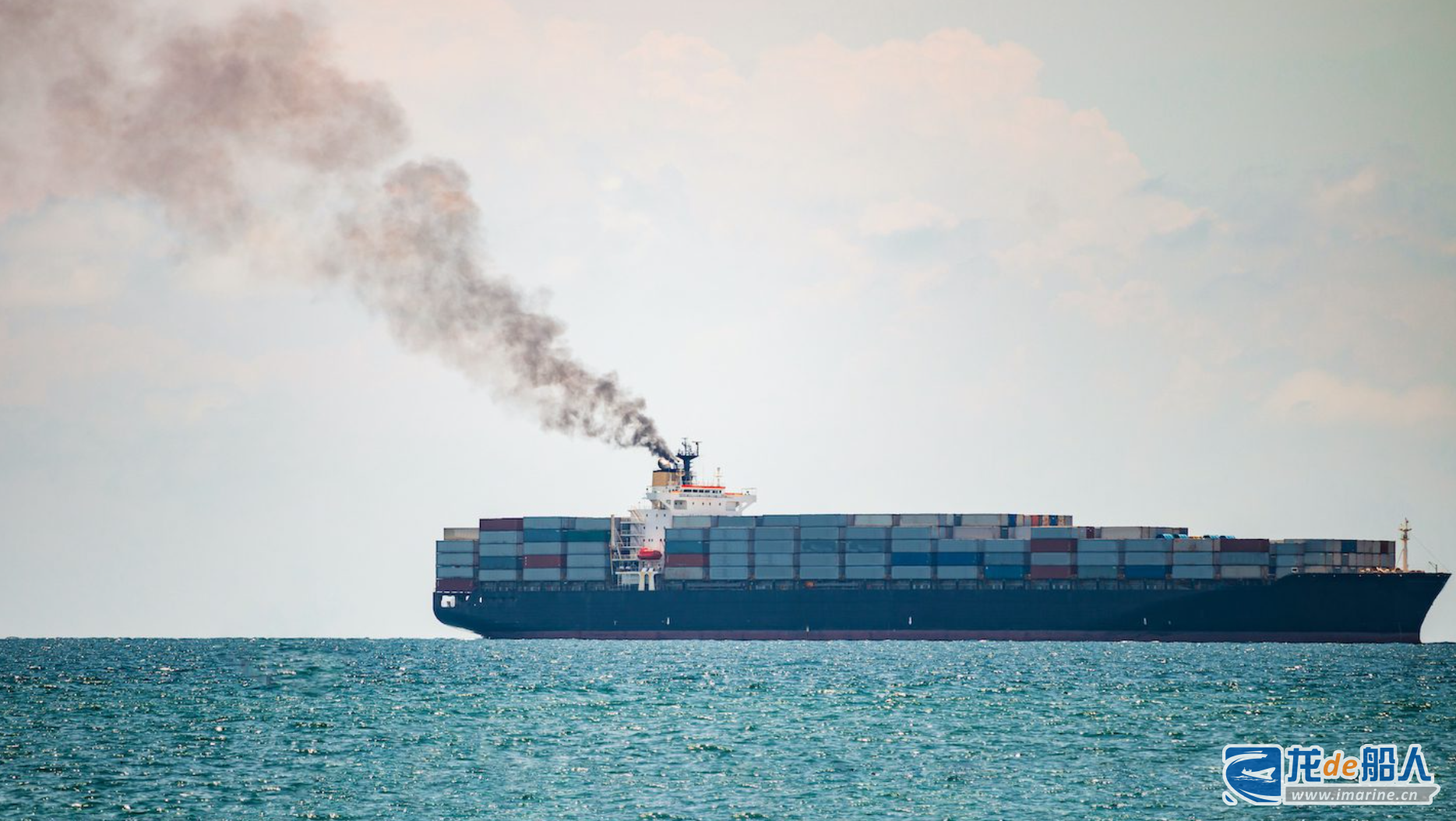Starting in 2028, ships worldwide must either transition to less carbon-intensive fuels or face substantial fees – $380 per tonne on their most intensive emissions and $100 per tonne on remaining emissions above a lower threshold. The measure is expected to generate $30-40 billion by 2030, averaging $10 billion annually, to support clean energy initiatives in shipping.

The vote revealed significant divisions, with 63 countries including major players like China, the EU, India, and Japan supporting the measure, while 16 countries, predominantly petro-states, opposed it. Twenty-five countries, including several Pacific Island nations, abstained.
The United States withdrew from the climate talks altogether and threatened “reciprocal measures” against any fees charged to U.S. ships.
Hon. Minister Ralph Regenvanu of Vanuatu expressed strong criticism: “Let us be clear about who has abandoned 1.5°C. Saudi Arabia, the US and fossil fuel allies pushed down the numbers to an untenable level and blocked progress at every turn.”
Emma Fenton from Opportunity Green highlighted the policy’s shortcomings: “The weak measure approved means aiming for a low bar and dragging our feet to get there. It will neither ensure sufficient emissions reductions, nor raise the revenues needed for a just and equitable transition.”
The shipping industry itself offered a more optimistic view. Guy Platten, Secretary General of ICS, called it a “historic moment” as shipping becomes the first sector with a globally agreed carbon price, while also acknowledging that the policy is “not perfect in every respect.”
“We recognise that this may not be the agreement which all sections of the industry would have preferred, and we are concerned that this may not yet go far enough in providing the necessary certainty. But it is a framework which we can build upon,” Platten stated.
The World Shipping Council praised it as an “unprecedented global agreement” and a major milestone for climate policy.
“This is a major milestone for climate policy and a turning point for shipping. Our industry has long been labelled as ‘hard to abate,’ but record industry investment and a new global measure can turn the tide on that,” said Joe Kramek, WSC President & CEO. The Council also highlighted that nearly 1000 renewable-capable ships are expected to be on the water by 2030, though they emphasized that global regulation is necessary for commercially viable renewable fuels.
WSC’s Vice-President and lead IMO representative Bryan Wood-Thomas said the production of clean fuels and energy sources will create global economic opportunities and have environmental benefits that “will last for generations.” However, he also acknowledged there is “considerable work remaining” to ensure there are the rules and guidance in place.
Technical challenges also remain. The agreement is projected to achieve only an 8% absolute emission reduction by 2030, falling significantly short of the IMO’s own target of 20%. The carbon intensity-based regulation will also initially allow fossil fuel-based LNG, though this fuel will face increasing penalties throughout the 2030s.
The Global Maritime Forum warns that the targets need strengthening to enable reaching net zero by 2050, and implementation details must still be developed before the 2028 enforcement deadline.
“While the targets are a step forward, they will need to be improved if they are to drive the rapid fuel shift that will enable the maritime sector to reach net zero by 2050,” said Jess Fahnestock, director of decarbonization at the Global Maritime Forum. “While we applaud the progress made, meeting the targets will require immediate and decisive investments in green fuel technology and infrastructure. The IMO will have opportunities to make these regulations more impactful over time, and national and regional policies also need to prioritise scalable e-fuels and the infrastructure needed for long-term decarbonization.”
In his closing remarks, IMO Secretary-General Arsenio Domniguez said the progress made this week will result in “a number of achievements that will shape the future of shipping.”
“The approval of draft amendments to MARPOL Annex VI mandating the IMO net-zero framework represents another step in our collective efforts to combat climate change, to modernize shipping and demonstrates that IMO delivers on its commitments. Perhaps not in the way we expected. But he have an agreement on the basis on which we can work,” he stated.


